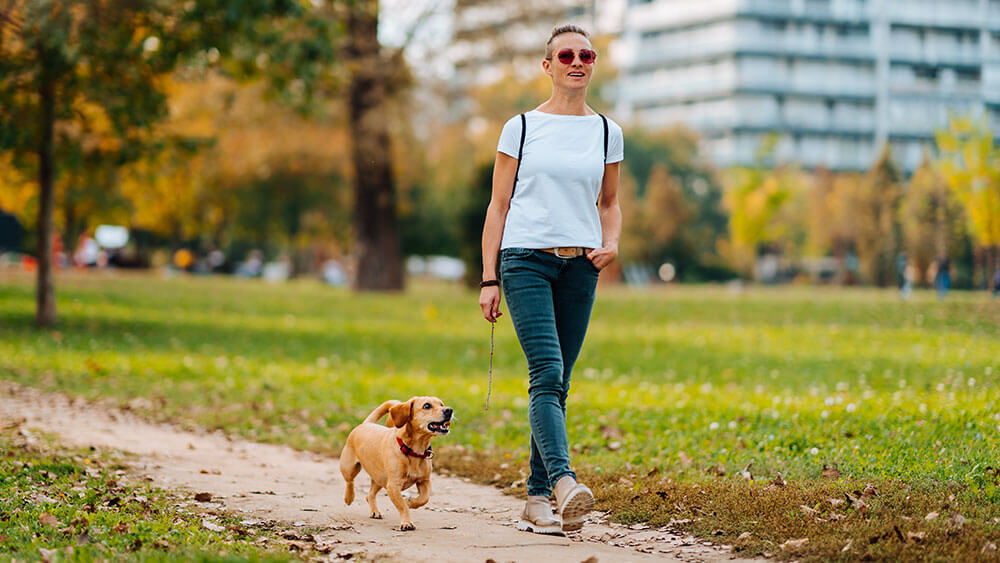
Whether you go for walk, ride your bike, or some other activity, experts suggest you do it regularly to mentally signal a transition between work and your personal life.
During my career, I’ve commuted by bus to mid-town Manhattan and driven to suburban offices. One of the things I’ve loved about working from home over the last two decades is the commute — from the kitchen with a mug of fresh coffee in my hand up the stairs to my desk. I’m sure that many people who have been forced to work from home during the pandemic miss a lot of things about being in an office but hitting the road to get there may not be one of them.
But a recent study reported in Organization Science says that there may be a downside to this lack of commute: We might be missing out on the opportunity to engage in something researchers call “role-clarifying prospection.” The trip to the office can be a chance to think about upcoming work tasks, the researchers said, and serve as a way to help us transition from our “home self” to our “work self” — which could be especially necessary now, as many are struggling to create boundaries between work and home responsibilities. A recent survey of more than 10,000 Americans by researchers at the Centre for Economic Policy Research found that more than a third were using their former commute times to work, putting in more hours than when they went to an office.
What we need to do to help establish boundaries, experts say, is to create a “fake commute.” “The walls between work and non-work have completely disappeared for us,” David Zweig, professor at the University of Toronto’s school of management told CTVNews.ca in late October. “So now we have to find ways, either psychologically or otherwise to try to build up those walls again.”
The Germans have a word that describes the reverse commute — the time after work is done and a period of leisure and rest begins: Feierabend. “Feierabend has two meanings,” Christoph Stengel, a software developer in Berlin, Germany, told the BBC. “First, it’s the moment you stop working for the rest of the day. … Second, it’s the part of the day between work and going to bed.”
“Most importantly,” the BBC article notes, “the concept of Feierabend acknowledges that work — and being in ‘work mode’ — places demands on a person from which regular relief is needed.”
Whether it’s taking a walk around the block or going for a drive or bike ride — or simply changing your clothes — experts suggest you pick an activity or habit to mentally signal a transition between work and your personal life. Paula McLeod, founder of U.S.-based executive coaching firm Success by Design, has been recommending to clients during the pandemic to take similar measures. “People need something to replace the shift,” McLeod told the BBC, “that happens when they commute to and from the office.”
Michelle Russell is editor in chief of Convene.
